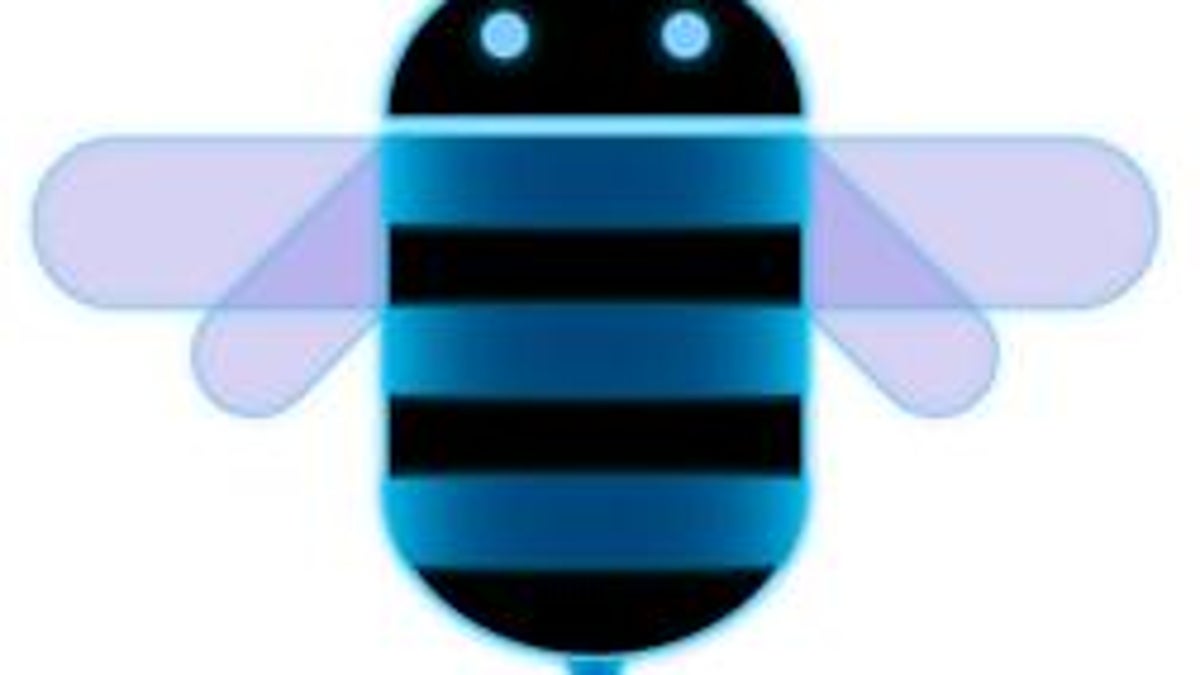Google issues Android anti-fragmentation tool
The Fragment interface library can be added to software to ease compatibility issues for apps running on Android 1.6 and later.

Google has made good on a promise to release technology it hopes will curtail Android's fragmentation problem, a complication for programmers who want their software to run on diverse devices.
Yesterday, the company released a "Fragment" library for older versions of Android. The library is built into the Honeycomb version of Android, offering new tools to sidestep issues like different screen sizes more easily for those using the brand-new Android 3.0. That version of the OS appears on Motorola's new Android-based Xoom tablet and will arriving on other tablets.
Now, though, the Fragment interface will be useful for older Android devices that currently dominate the market. The library can be built into applications so that programmers can use the Fragment application programming interface (API) even if it's not in the operating system directly.
"Today we've released a static library that exposes the same Fragments API (as well as the new LoaderManager and a few other classes) so that applications compatible with Android 1.6 or later can use fragments to create tablet-compatible user interfaces," said Xavier Ducrohet, technical leader for the Android software developer kit, in a blog post yesterday.
Google announced the Fragment API in February.
"For developers starting work on tablet-oriented applications designed for Android 3.0, the new Fragment API is useful for many design situations that arise from the larger screen. Reasonable use of fragments should also make it easier to adjust the resulting application's UI to new devices in the future as needed--for phones, TVs, or wherever Android appears," Dianne Hackborn, a Google Android programmer, said in a blog post about the interface.

